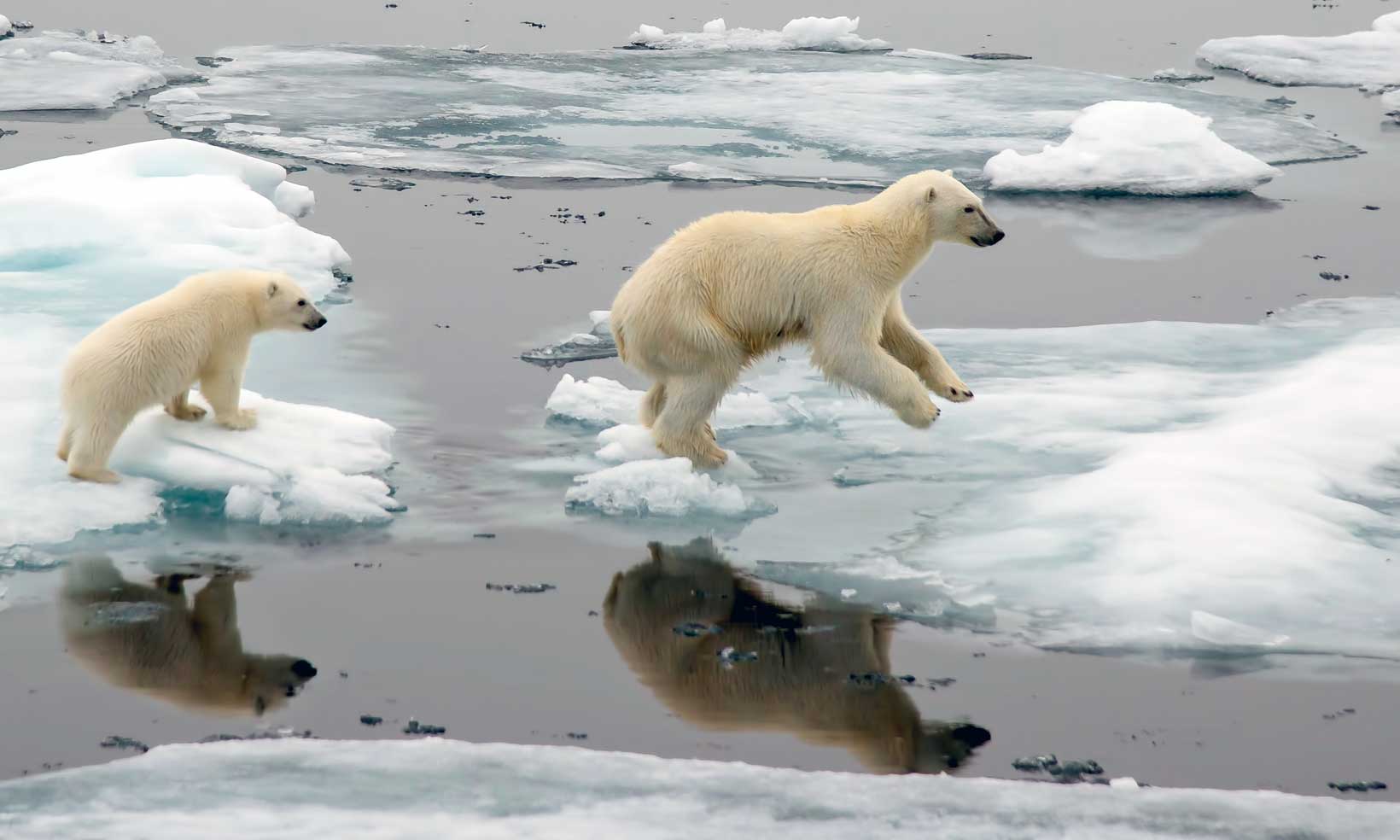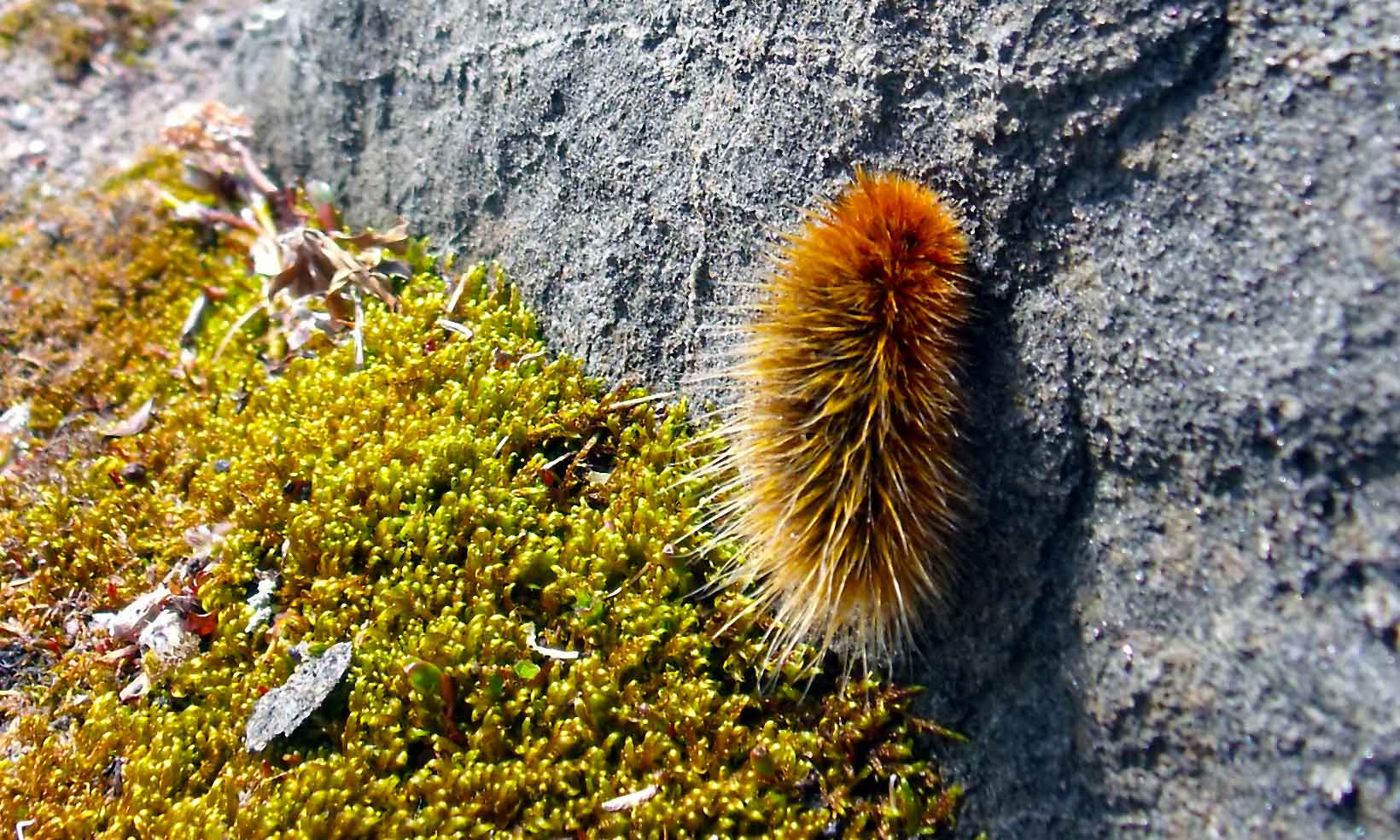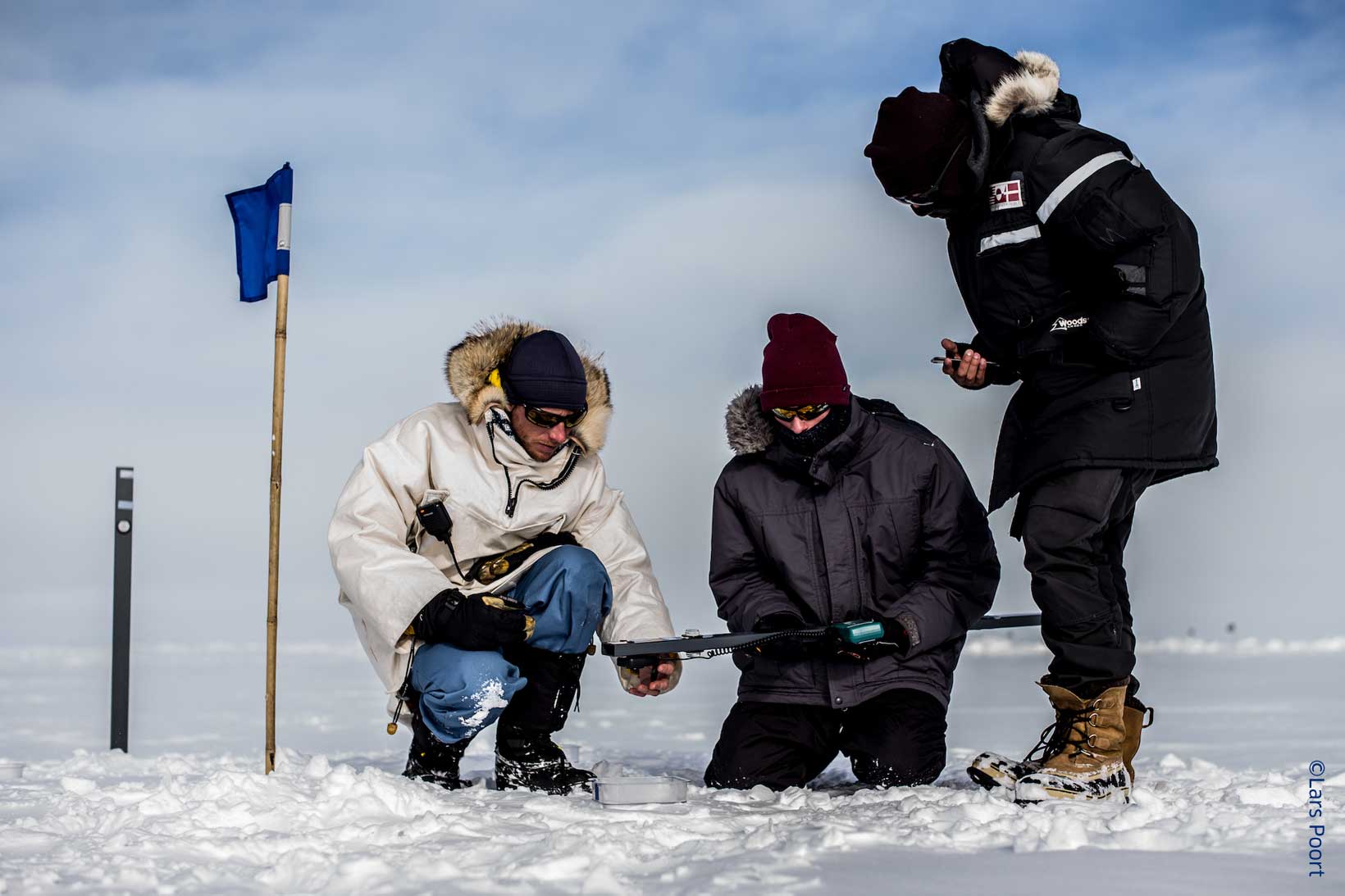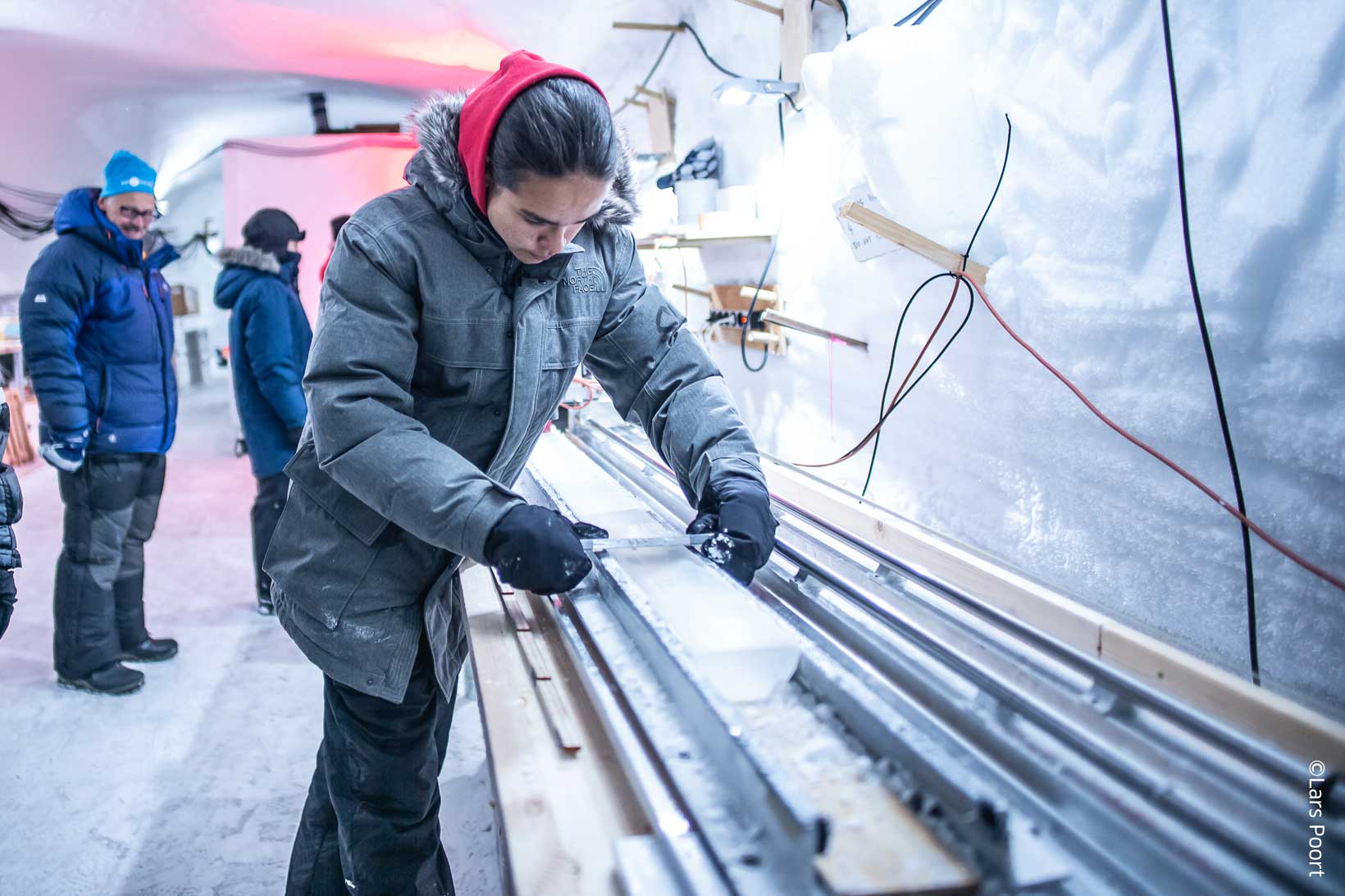The Arctic Research Programme aims to improve predictions of Arctic change and to explore its global impacts.
Previous sections have highlighted the ways in which the Arctic is changing at an unprecedented rate. Research into the possible consequences and impacts of this change on nature, people and societies is a major challenge for science.

The National Environmental Research Council (NERC) has established an Arctic Research Programme which aims to improve predictions of Arctic change and to explore its global impacts. The main questions addressed by its research are:
- What is causing the rapid changes in the Arctic at the moment?
- What are the processes influencing the release of greenhouse gases and how much of these gases could enter the atmosphere in the future?
- How can we improve our predictions of what will happen to the climate of the Arctic in the future?
- Are the risks of natural hazards in the Arctic region increasing as a result of regional warming and what are the threats posed to the UK?
Why are these such important questions?
Arctic scientists use a variety of techniques to conduct their research, and with technological advances these are becoming ever more sophisticated. They are able to measure, for example, levels of solar radiation, concentrations of greenhouse gases, and seismic activity with increasing levels of accuracy.
- Take a look at the current projects being funded by the Arctic Research Programme. What types of research are they carrying out, and what techniques are they using?
As well as research into climate change and its impacts, scientists work to discover more about the Arctic and its ecosystems. Some amazing creatures live in this part of the world, for example the woolly bear caterpillar, which lives 800 km from the North Pole.

- Carry out your own research into the creatures of the Arctic. The WWF website is a good place to start; it also explains why the Arctic wildlife is so important, and how it is under threat.
Arctic scientists work at research stations or in the field. The Svalbard Archipelago in Northern Norway is home to the Ny-Ålesund Arctic Research Station, and international research community that was established in 1991.
It is not only Arctic scientists who undertake research in the area – students, post graduate students and school students are also involved.

